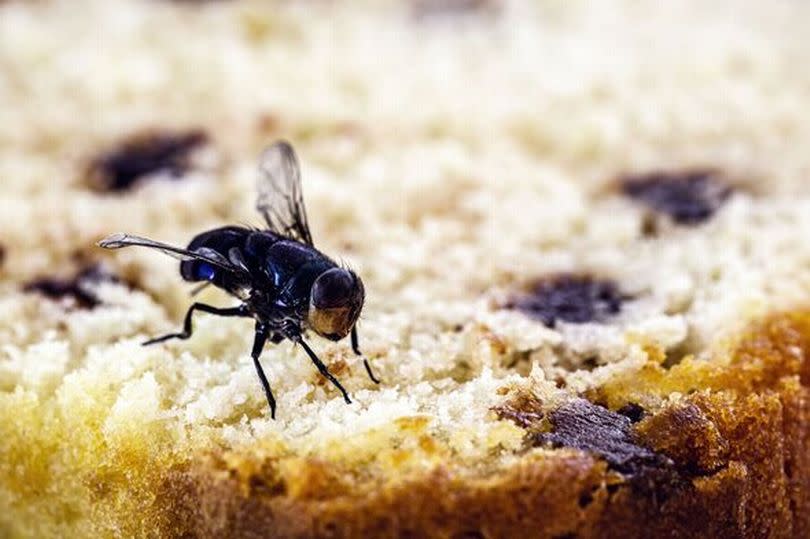'Obscure' £2 method gets rid of unwanted house fly infestations using kitchen staple

An 'obscure' £2 method has been revealed to help homeowners tackle the common issue of house fly infestations. House flies, a frequent nuisance during the British summer, can rapidly overrun living spaces and are known to spread pathogens and transmit diseases to humans.
Moreover, professional extermination services could cost up to £150, according to Checkatrade. Chris Hutton, a storage expert and owner of Adams Selfstore, has shared some tips on how to handle a house fly infestation.
Firstly, it's crucial to identify their breeding sites. Flies usually breed in damp, organic materials like decaying food, rubbish, or animal waste. Overwatered houseplants can also serve as breeding grounds for these pests.
Get the latest What's On news straight to your phone by joining us on WhatsApp
Sticky fly traps are another effective solution. These can be easily found online or at local supermarkets, reports the Express.
Place these traps where flies tend to gather. DIY traps can also be made using a jar filled with a mixture of sugar water and washing-up liquid.
Adam also suggested using "natural repellents" such as essential oils alongside fly traps. He said: "Eucalyptus, lavender, or peppermint work well when it comes to fending off flies, and all you need to do is soak cotton balls in these oils and place them strategically around your house."
Adam added: "One of the more obscure methods you can use to get rid of an unwanted fly infestation is to fill a bowl with apple cider vinegar and cover it with cling film."
He went on to explain, "Then, you simply need to poke small holes in the film, and the flies will be attracted to the vinegar and get trapped inside."
You can purchase apple cider vinegar from most local supermarkets for as little as £2. It's important to ensure that your drains are cleaned regularly to avoid turning them into fly breeding sites. By maintaining a clean and disinfected drain, you can prevent flies from laying their eggs there.

 Yahoo News
Yahoo News 
